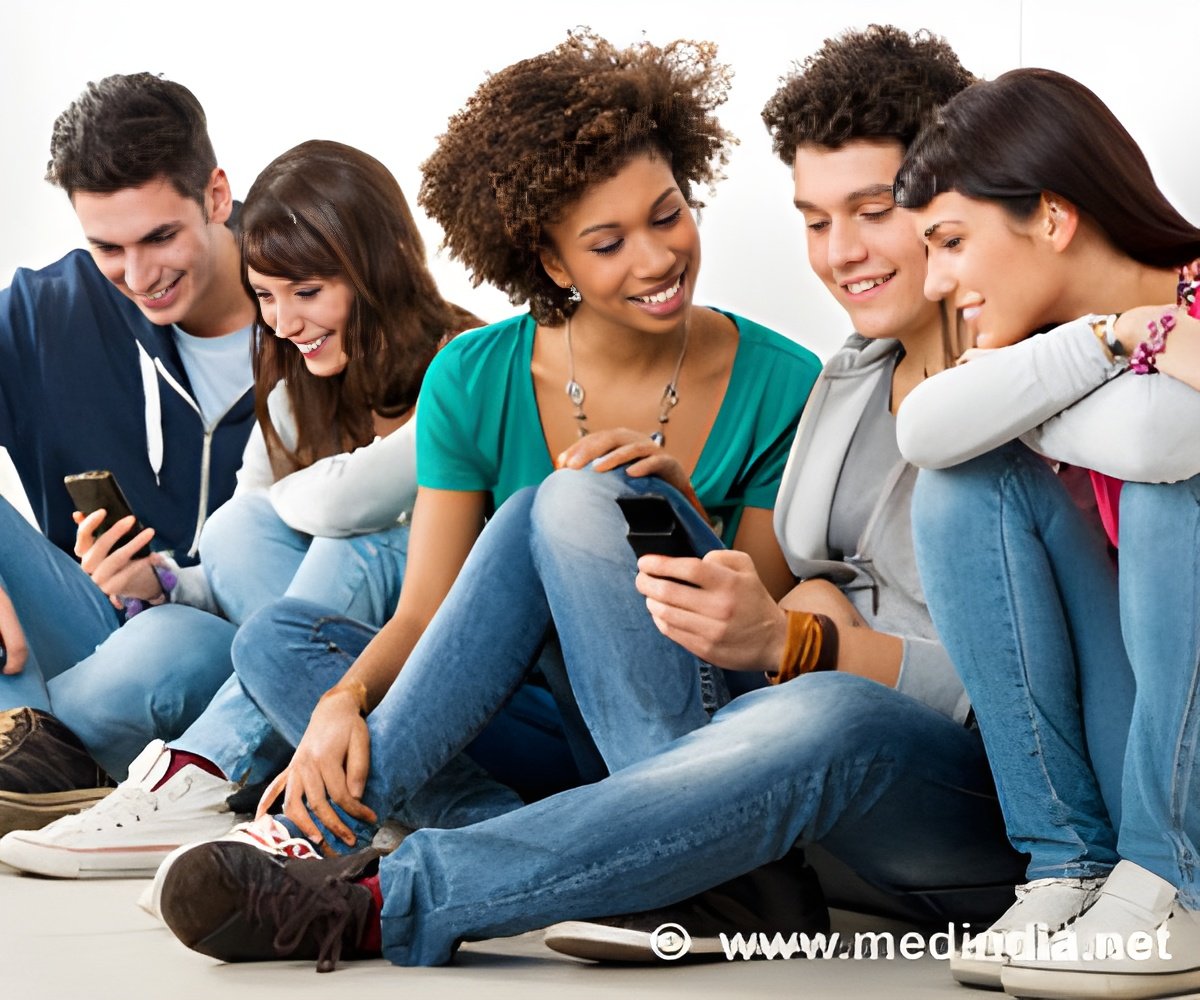Obsession with physical appearance, moodiness, loneliness and jealousy are all key indicators of smartphone addiction.

Psychology lecturer, Dr Zaheer Hussain, who co-authored the study, found that the more you use a smartphone, the higher your risk of becoming addicted. Narcissism is the most common and obvious sign of addiction. It means, excessive interest or admiration of oneself and one’s physical appearance. An obsession with taking selfies and posting them on social media is one key indication.
‘A significant positive relationship was found between narcissism and addiction to the phones, suggesting that the more narcissistic a person is, the more likely they are to be addicted to their smartphone,’ he said.
The study found, moodiness, loneliness and jealousy are all key indicators of smartphone addiction, along with an obsession with physical appearance.
Dr Hussain said, “The study informs us about smartphone overuse and the impact on psychological well-being. We now use smartphones on a daily basis and for various tasks so being aware of the psychological effects is very important. There are various smartphone apps such as Facebook, Twitter, Instagram and Candy Crush, as well as Skype and email that make smartphone use psychologically more attractive and can lead to addiction.”
As far as relationships are concerned, 46.8 percent of participants spoke positively of improved social relations but nearly a quarter admitted their smartphones create communication issues within ‘real life’.
Source-Medindia
 MEDINDIA
MEDINDIA




 Email
Email








